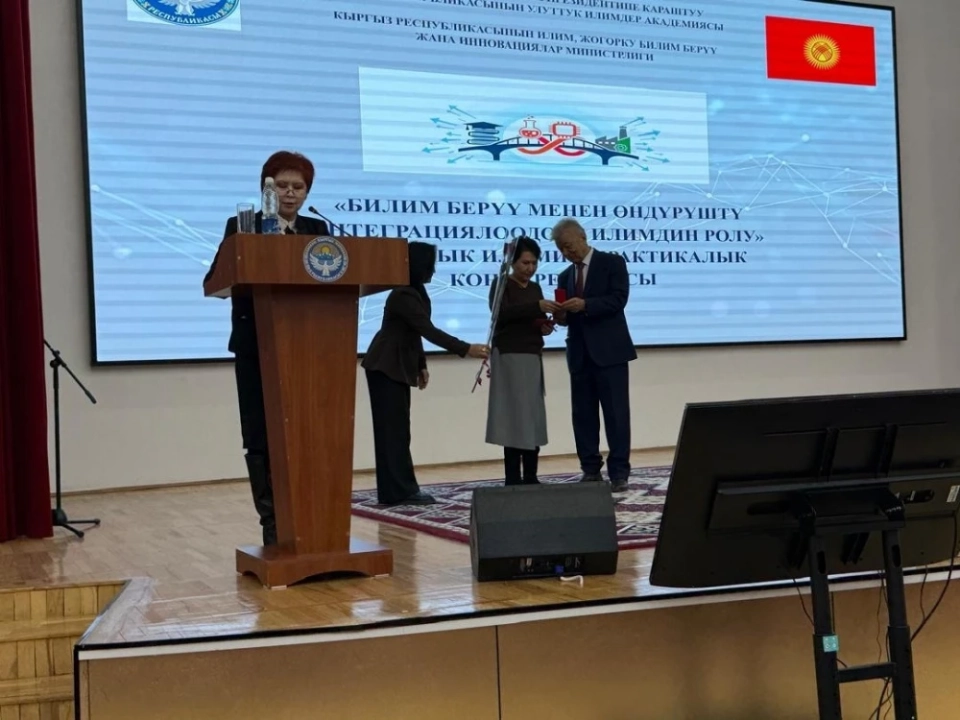The Cabinet will allocate 110.7 million soms for nine scientific projects of the National Academy of Sciences of the Kyrgyz Republic
At the international conference dedicated to Science Day, an important announcement was made regarding the allocation of funds for research projects of the National Academy of Sciences of the Kyrgyz Republic, which has become a true inspiration for the country's researchers.
Leading scientists, academicians, professors, ministers, university rectors, diplomats, and representatives from industry in China, South Korea, and Vietnam gathered at the Academy of Sciences to witness an exhibition showcasing achievements in biotechnology, energy, engineering, digitalization, and agricultural technologies. These developments impressed with their relevance and potential.
Deputy Prime Minister Edil Baisalov emphasized that scientific priorities must be adapted to modern challenges, including serving national interests, studying the unique nature of Kyrgyzstan, adapting to climate change, and integrating new technologies into everyday life. He also noted the need for a new scientific ethics and the maintenance of international cooperation. According to him, next year the Cabinet plans to significantly increase funding for science and is considering the possibility of doubling salaries for scientific workers.
“President Sadyr Japarov actively supports science, which has already led to salary increases and additional funds for the renovation of the academy's buildings. However, as is known, the results of scientific work take time. Currently, six projects have been launched, including the creation of a new seismic zoning map, for which 30 million soms have been allocated. The Language Institute is working on the development of the Kyrgyz language, and archaeologists are conducting excavations to study the region's history,” said the president of the National Academy of Sciences, Kanatbek Abdrakhmatov.
Plans include the establishment of a DNA laboratory for animal analysis. There are another 44 projects on the horizon, the implementation of which will require careful analysis and planning. Science is not a commercial enterprise, and the results of investments do not manifest immediately. The Academy of Sciences has 21 research institutes, among which the institutes of chemistry and biotechnology stand out particularly. “We are facing the problem of smog in Bishkek. The research of the chemistry institute is already aimed at solving it, and perhaps in two years we will see positive results,” he added.
According to Abdrakhmatov, the Academy of Sciences, which had significant influence during the Soviet era, will regain its authority and contribute to the economic, social, and cultural development of the country. He expressed confidence that young scientists will continue to achieve success, which will require perseverance, knowledge, and conditions for work.
The solemn event also included awards. For strengthening international scientific ties, the president of the Academy of Sciences presented anniversary medals to the ambassadors of China and Turkey, as well as to the UN representative in Kyrgyzstan and the rector of KGTU. Many scientists who have achieved significant success were also awarded medals and certificates of honor.
From the dossier of "Evening Bishkek"
The scientific potential of the country is currently represented by 82 scientific and scientific-technical organizations, employing more than 6,500 scientists, including academicians and doctors of science. In his congratulatory message on Science Day, the Chairman of the Cabinet of Ministers of Kyrgyzstan, Adylbek Kasymaliev, noted that the history of science in the republic began in 1943 with the establishment of a branch of the USSR Academy of Sciences, which later became the Academy of Sciences of the Kyrgyz SSR.
By 1993, the academy acquired the status of National, and the state budget expenditures on scientific research last year amounted to 893 million soms, which is 50% more compared to 2020. Scientific research is currently being conducted by more than 8,000 specialists, including university teachers.
In 2024, 2,400 people were studying in graduate school, with the largest number in the medical, pedagogical, economic, and legal fields. More than 60% of graduate and doctoral students are women.
Read also:
An International Conference Dedicated to Science Day Took Place in Bishkek
On November 11, an international scientific and practical conference dedicated to Science Day was...
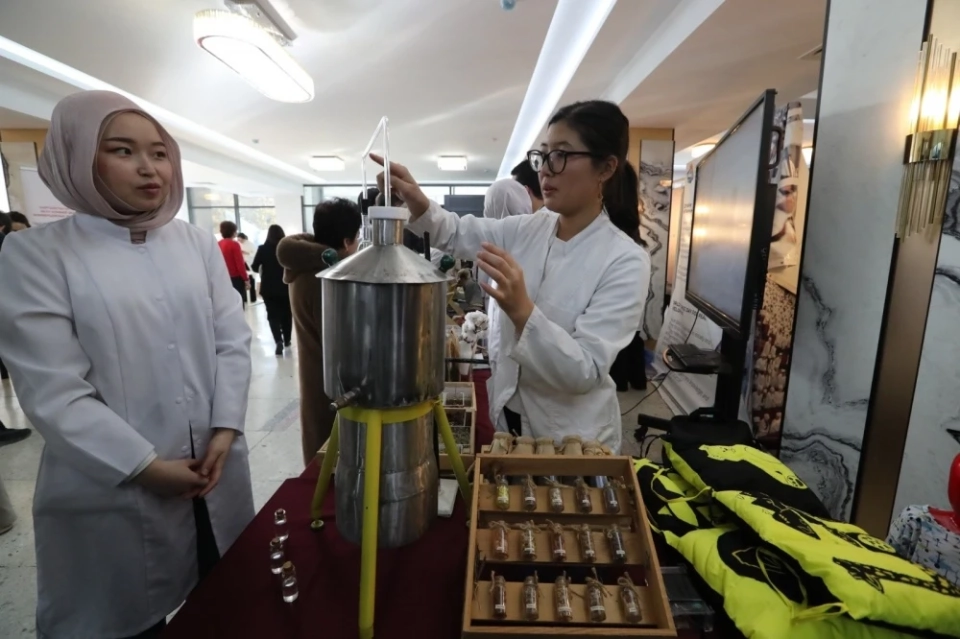
An International Conference of Scientists and Industrialists Took Place in Bishkek
At the National Academy of Sciences of the Kyrgyz Republic, an international scientific and...
The Minister of Science spoke about the reforms being implemented to update the scientific field
The Minister of Science, Higher Education and Innovations Baktyyar Orozov outlined the key areas...
Cabinet: The main challenge is not what to do, but how to ensure funding for climate programs
As part of the session on "Ten Years of the Paris Agreement: National Contributions and...
In Kyrgyzstan, Science Day is Celebrated
On November 10, the Chairman of the Cabinet of Ministers of Kyrgyzstan, Adylbek Kasymaliev,...

Science in the Kyrgyz Republic: Numbers and Facts
The Day of Science in Kyrgyzstan, celebrated annually in November, was established by a Resolution...
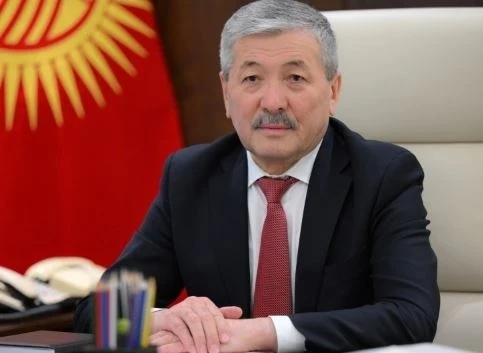
Adylbek Kasymaliev congratulated the citizens of Kyrgyzstan on Science Day
Recently, the Chairman of the Cabinet of Ministers Adylbek Kasymaliev congratulated his...
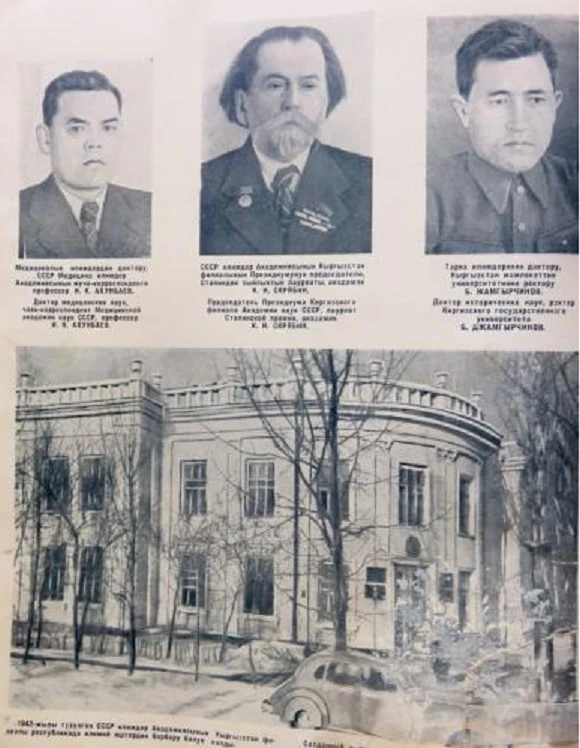
Establishment of the Academy of Sciences in Frunze. Document No. 197 (December 1954)
Frunze, December 21, 1954. The Council of Ministers of the USSR adopted a resolution on August 17,...
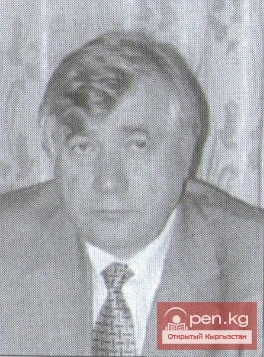
Vladimir Ivanovich Nifadyev
Nifadyov Vladimir Ivanovich Doctor of Technical Sciences, Professor, Academician of the National...
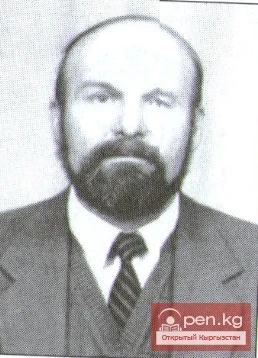
Manzhosov Vladimir Kuzmich
Manzhosov Vladimir Kuzmich Doctor of Technical Sciences, Professor, Honored Scientist of the...
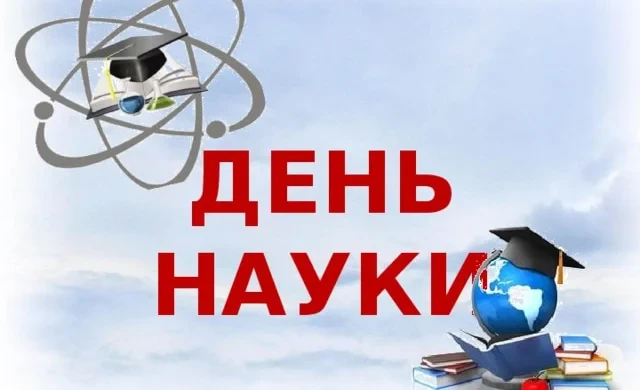
The head of the cabinet congratulated Kyrgyzstanis on Science Day
The head of the Cabinet of Ministers of the Kyrgyz Republic, as well as the head of the...
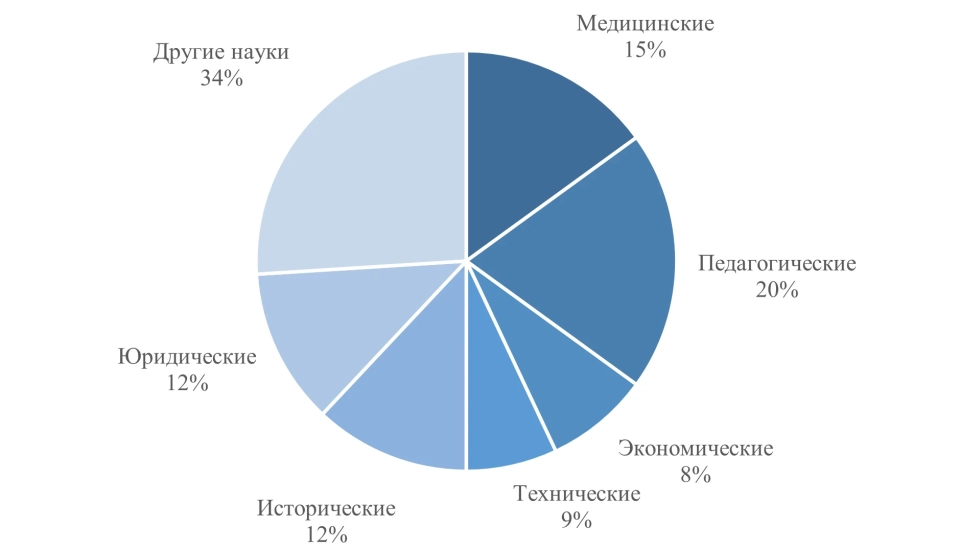
In Kyrgyzstan, Science Day is celebrated: the number of researchers is growing, half are women
Today, Kyrgyzstan celebrates Science Day, which is held annually in November, according to a...
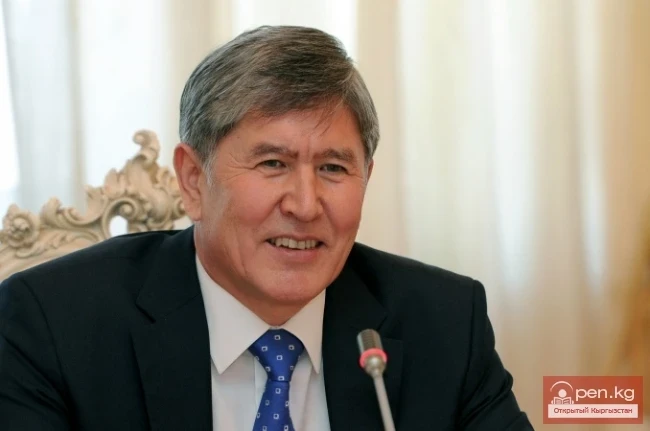
President Almazbek Atambayev awarded the state prizes of the Kyrgyz Republic in the field of science and technology for the year 2014.
The President of the Kyrgyz Republic, Almazbek Atambayev, signed the Decree "On the awarding...

Science in Kyrgyzstan: Numbers and Facts
Every year in November, Kyrgyzstan celebrates Science Day, which was established on January 14,...
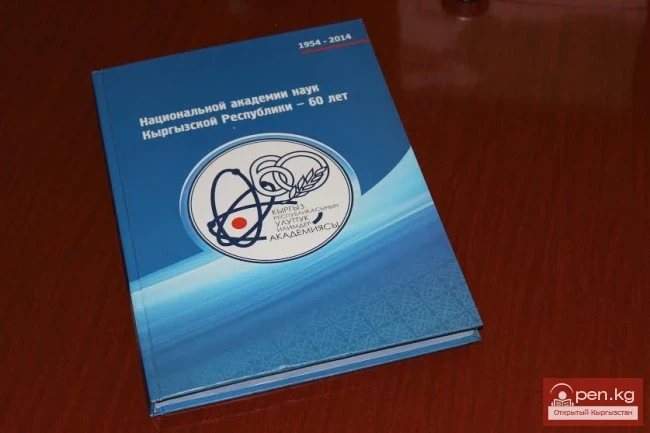
The book "National Academy of Sciences of the Kyrgyz Republic - 60 Years" has been published, dedicated to the anniversary of the NAS KR.
The book consists of six main sections that narrate the establishment and development of the...
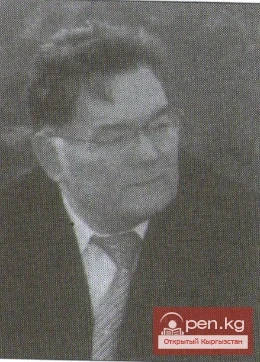
Narbekov Omorbay Narbekovich
Narbekov Omorbay Narbekovich President of the International Phytocenter of the CIS, Honored...
In Kyrgyzstan, more than 6,500 scientists have been counted
In Kyrgyzstan, the scientific potential of the country includes 82 scientific and...
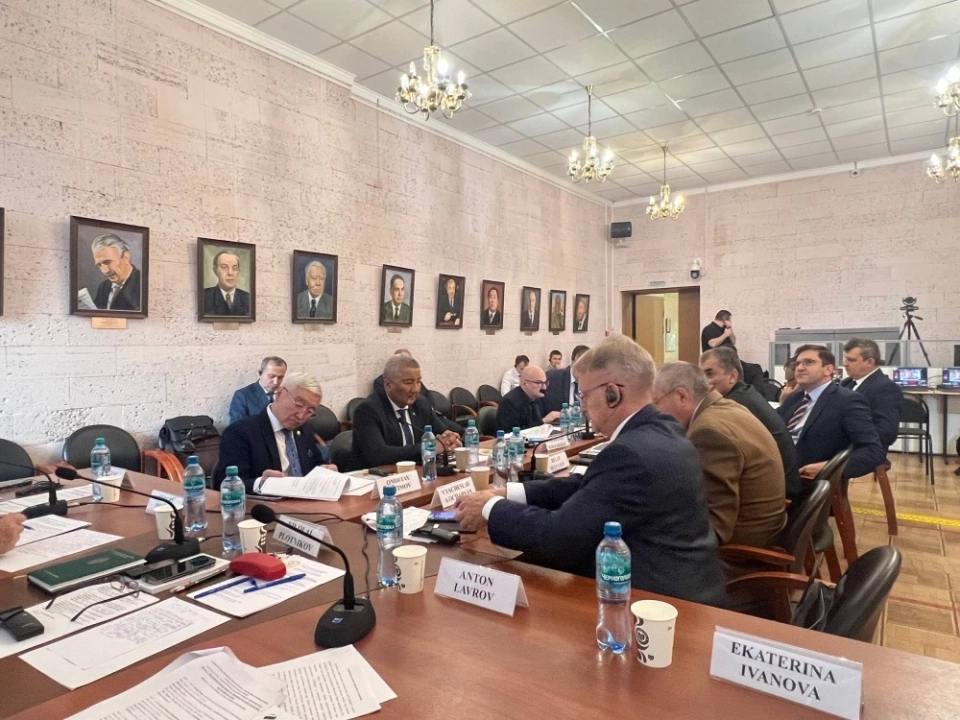
Scientists from several countries discussed the domestic political situation in Afghanistan
In Moscow, at the Institute of Oriental Studies of the Russian Academy of Sciences, an...
Tashiev: 1 billion soms will be allocated for the development of Balakchy. This has never happened in the city's history.
In early spring 2026, 1 billion soms will be allocated for the development of the city of Balykchy....
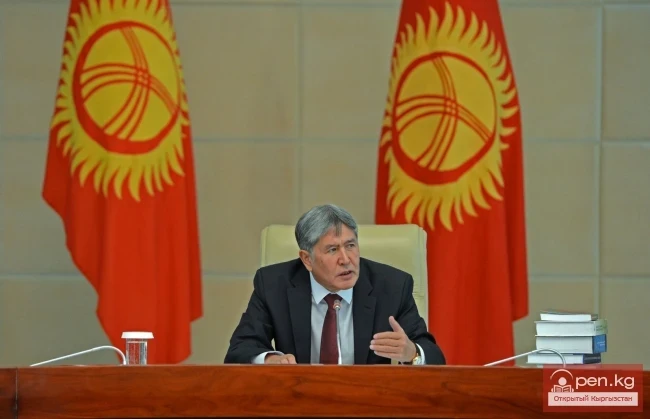
President Almazbek Atambayev: “The task of historical science in Kyrgyzstan is to research and provide a scientifically substantiated assessment of each stage of the country's development.”
“The task of historical science in Kyrgyzstan is to research and provide a scientifically grounded...
Edil Baisalov Discussed the Need for Funding Adaptation Programs for Mountain Countries
At the climate summit taking place in Belém, the Federative Republic of Brazil, Deputy Prime...
In the city of Manas, employees of the municipal enterprise "Vodokanal" announced their salaries. The head of the GKNB ordered to increase them by 2-3 times.
In Manas, employees of the municipal enterprise "Vodokanal" will soon receive a salary...
By 2030, the goal is set to triple the contribution of small businesses, - AP
By 2030, Kyrgyzstan aims to triple the volume of gross added value created by small and...
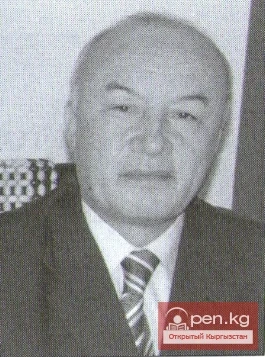
Mamasaidov Mukhammedzhan Tashalievich
Mamasayidov Mukhammedzhan Tashalievich Doctor of Technical Sciences, Professor, Academician of the...
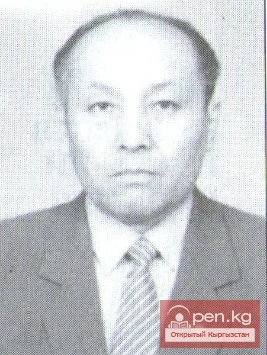
Kudayarov Aishe Kudayarovich
Kudayarov Aishe Kudayarovich Doctor of Medical Sciences, Professor, Academician of the National...

Zhumaliev Kubanychbek Myrzabekovich
Zhumaliev Kubanychbek Myrzabekovich Doctor of Technical Sciences, Professor, Academician of the...
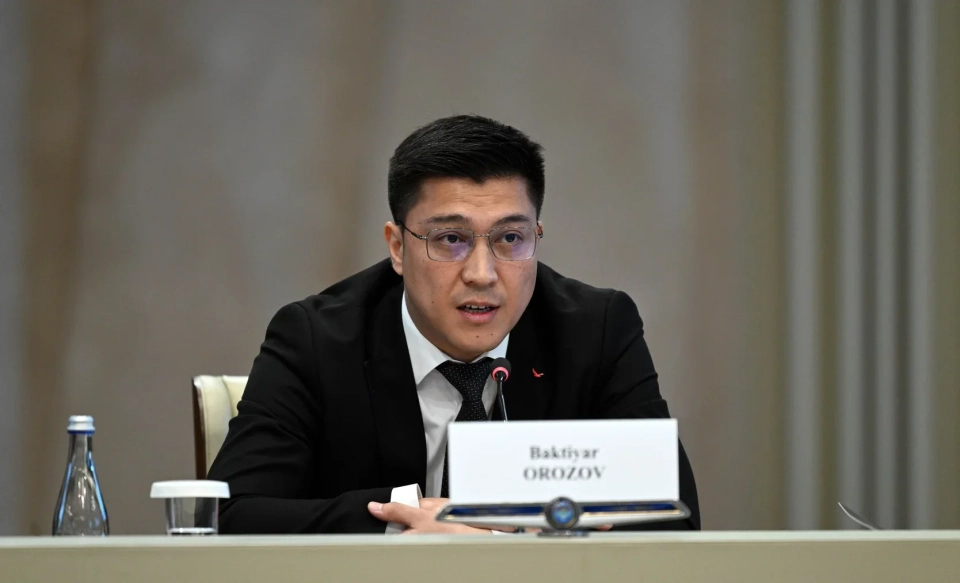
Bakhtiyar Orozov: The 100th Anniversary of the National University - A Reflection of the Formation and Development of the State
An important milestone in the history of the Kyrgyz National University, marking its 100th...
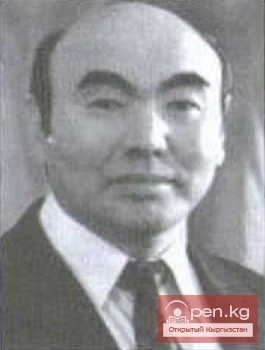
Akaev Askar Akayevich
Akayev Askar Akayevich Doctor of Technical Sciences, Professor, Academician of the National...

Ibraimov Abyt Ibraimovich
Ibraimov Abyt Ibraimovich Doctor of Biological Sciences, Corresponding Member of the National...
7 "El Umutu" scholarship holders are working in Kyrgyzstan, another 12 in international companies, - president
At the national youth forum "Kyyalymdagy Kyrgyzstan" in Bishkek, President Sadyr Japarov...

Deputies of the Jogorku Kenesh in the National Academy of Sciences of the Kyrgyz Republic
A meeting was held at the National Academy of Sciences with deputies of the Jogorku Kenesh of the...
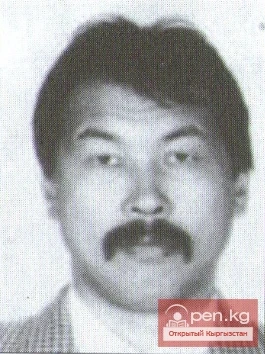
Obozov Alaybek Jumabekovich
Obozov Alaybek Jumabekovich Doctor of Technical Sciences, Professor, Full Member of the...

Akaeva Mayram Duyshenovna
Akayeva Mayram Duyshenovna Candidate of Technical Sciences, Professor, Honorary Professor of...
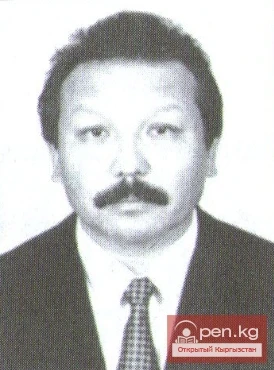
Tentiev Zhumabek
Tentiev Jumabek Doctor of Technical Sciences, Professor, Corresponding Member of the National...
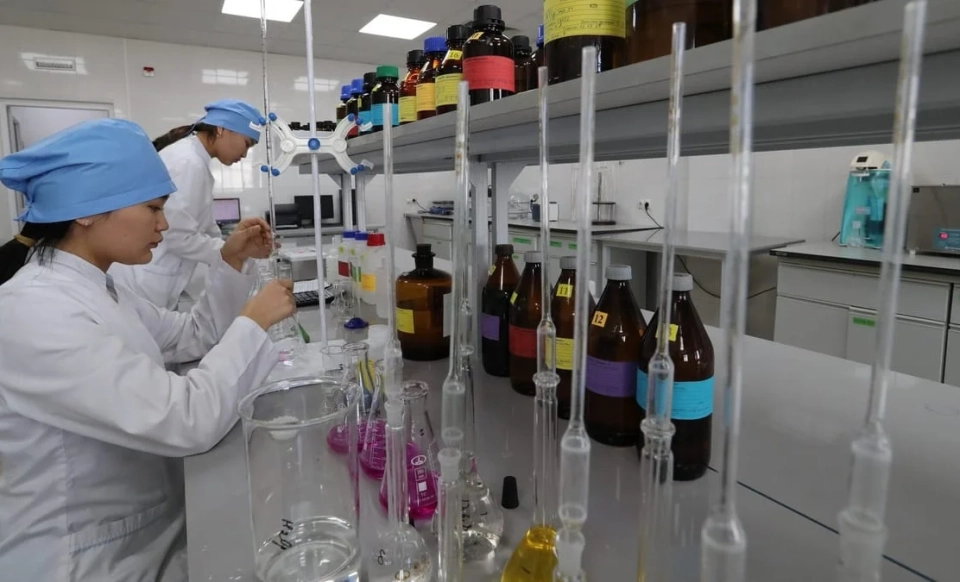
Science Day in Kyrgyzstan: Contributions and Achievements
In Kyrgyzstan, Science Day is celebrated annually in November. This holiday was established on...
Kyrgyzstan has signed export contracts for the supply of glass, travertine, and electric tricycles to Russia and Saudi Arabia
- According to data for 2025, the manufacturing industry of Kyrgyzstan has shown a growth of 21.6%....

Gennady Alexandrovich Desyatkov
Deyatkov Gennady Alexandrovich Doctor of Physical and Mathematical Sciences, Professor,...
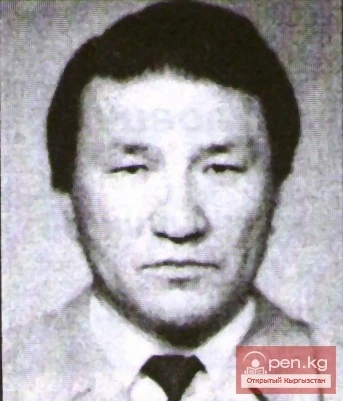
Karybek Alymkulov Alymkulovich
Karybek Alimkulov Doctor of Technical Sciences, Professor, Full Member of the Engineering Academy...
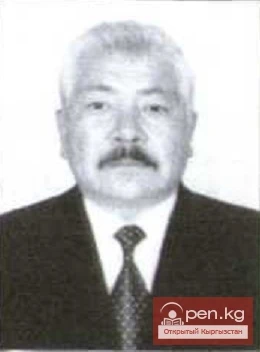
Abdurasulov Ilimidin Abdurasulovich
Abdurassulov Ilimidin Abdurassulovich Doctor of Technical Sciences, Professor, Academician of the...
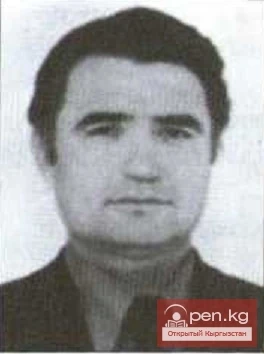
Aitmatov Ilgiz Torokulovich
Aitmatov Ilgiz Torokulovich Doctor of Technical Sciences, Professor, Academician of the National...
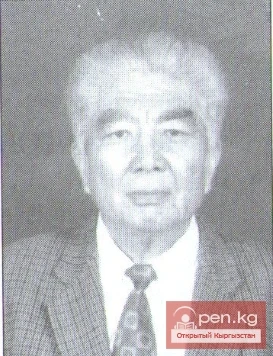
Kozhokmatov Satyndy Kozhokmatovich
Kozhokmatov Satyndy Kozhokmatovich Doctor of Medical Sciences, Professor, Honored Scientist and...
In Kyrgyzstan, more than 90 PPP projects worth 434 billion soms are being implemented, - Amangeldiev
At the IV International Conference on Public-Private Partnership in Kyrgyzstan, the First Deputy...
Science to Assist the Doctor. How Scientific Data is Changing Practical Healthcare
On November 10, the world celebrated the "Day of Science for Peace and Development,"...

Population of Kyrgyzstan as of January 1, 2013
Population of Kyrgyzstan Thanks to the fundamental changes that occurred in Kyrgyzstan after the...
